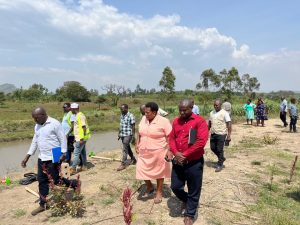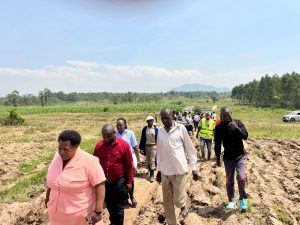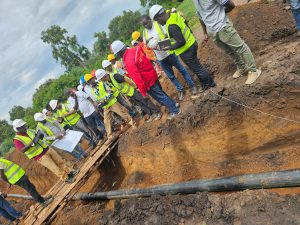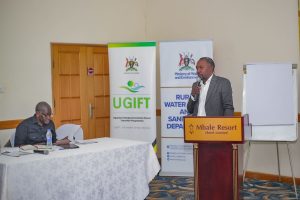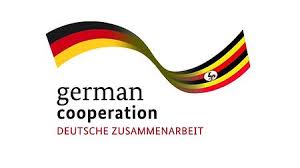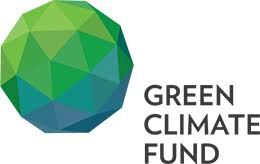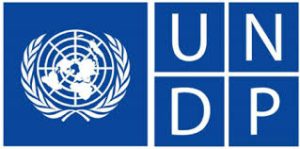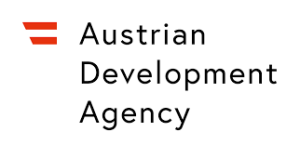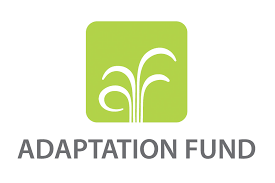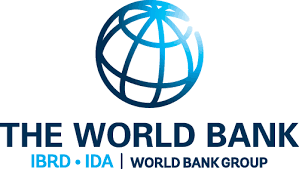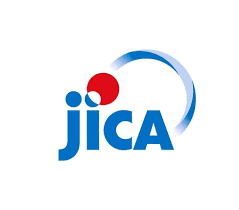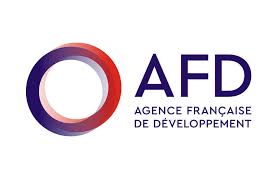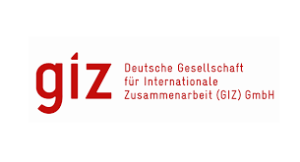Overview: This is an ongoing Government of Uganda initiative, led by the Ministry of Water and Environment (MWE) and the Ministry of Energy and Mineral Development (MEMD). It is funded by the European Union and implemented by the Food and Agriculture Organization (FAO).
Problem: Uganda faces significant deforestation and environmental degradation due to unsustainable charcoal production, which remains a primary energy source, particularly in urban areas.
Goal: To mitigate the negative environmental, social, and economic impacts of charcoal production by promoting sustainable practices and cleaner energy alternatives across the value chain.
Key Interventions:
- Sustainable Forest Management: Supporting the establishment of wood energy plantations with fast-growing tree species and rehabilitating degraded natural forests on private lands.
- Improved Charcoal Production: Facilitating the adoption of efficient charcoal kilns (e.g., Casamance kilns) through subsidies and training to reduce wood waste and increase efficiency.
- Policy & Governance: Strengthening regulatory frameworks and fostering cross-sector collaboration to formalize and govern the sustainable charcoal value chain.
- Clean Energy Promotion: Raising public awareness and supporting the adoption of cleaner energy alternatives like solar, LPG, and improved cooking stoves.
Impact: The project aims to achieve reduced deforestation, increased forest cover, enhanced livelihoods for communities reliant on charcoal, and the development of a more efficient and sustainable energy sector in Uganda. Project activities are concentrated in 14 districts across Northern, West Nile, Central, and Mid-Western Uganda.
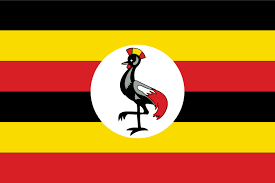 Official Website of the Ministry of Water and Environment
Official Website of the Ministry of Water and Environment

